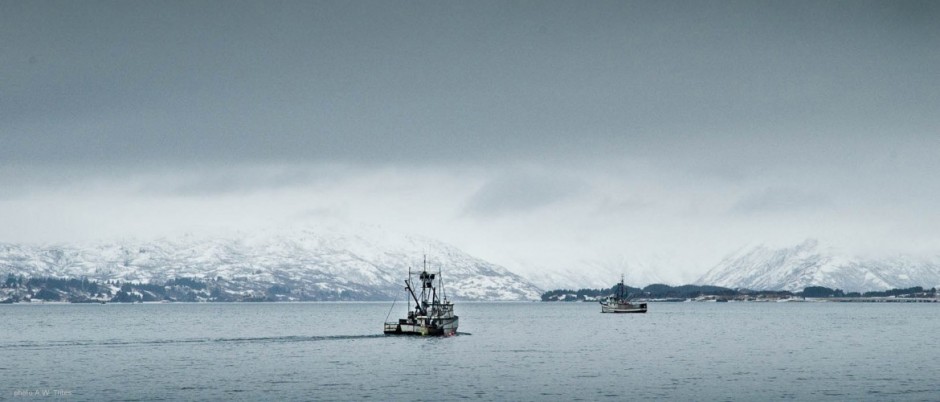
Fish catches won’t be able to meet the nutritional needs of the Earth’s population by mid-century, but a shift in management practices could save hundreds of millions of fish-dependent poor from malnutrition, according to a new analysis by researchers at Harvard, the University of British Columbia, and other institutions.
Global fish catches peaked in 1996, while the Earth’s human population is expected to rise through 2050, from the current 7.3 billion to between nine and 10 billion.
The analysis of two databases, one from UBC and the other from a team at the Harvard TH Chan School of Public Health, indicates that those most likely to suffer the impact of fisheries’ decline are the global poor, particularly those for whom fish make up a significant part of their diet.
“We’re missing an enormous piece of this picture, because many of the consequences of the way we manage resources and conserve natural systems will have very strong and powerful downstream effects on human health,” says lead author Christopher Golden, research scientist at Harvard.
“It’s not just a biodiversity issue, it’s not just an economics issue. We need to be really thinking through this third dimension, human health and well-being.”
The work estimates that, in the coming decades, 11 percent of global population —845 million people—is vulnerable to micronutrient deficiencies due to its reliance on seafood, a figure that climbs to 19 percent, or 1.39 billion people, if nutrients only found in animal sources, such as vitamin B12 and DHAomega-3 fatty acids, are included. Climate change impacts on fish stocks in the next few decades will exacerbate their vulnerability.

William Cheung
“Our latest modelling suggests that unmitigated climate change will drive fish catches down by more than 20 per cent in waters adjacent to majority of the countries with high nutritional vulnerability,” says co-author William Cheung, science director of the Nippon Foundation-Nereus Program and associate professor with the UBC Institute for the Oceans and Fisheries.
“Together with fisheries declines, it will be a perfect storm for these people.”
The study was conducted under joint leadership of Harvard, the University of British Columbia, the University of Washington and the University of California at Santa Barbara. It was supported by the Wellcome Trust and the National Socio-Environmental Synthesis Center.
“Without healthy oceans, ecosystems and fisheries, we cannot provide adequate nutrition for a growing human population; and the health consequences could be severe,” says Clare Matterson, director of strategy at the Wellcome Trust.
“The analysis is a powerful reminder of how the futures of our food sources, the environment and our health are entirely interdependent.”
According to the report, published June 16 as a commentary in the journal Nature, micronutrient deficiencies can affect maternal mortality, child mortality, cause cognitive defects, and impact immune function. Roughly 45 percent of mortality in children under age five is attributable to undernutrition.
Tags: faculty, fisheries management, food security, marine catches, Nereus Program, William Cheung